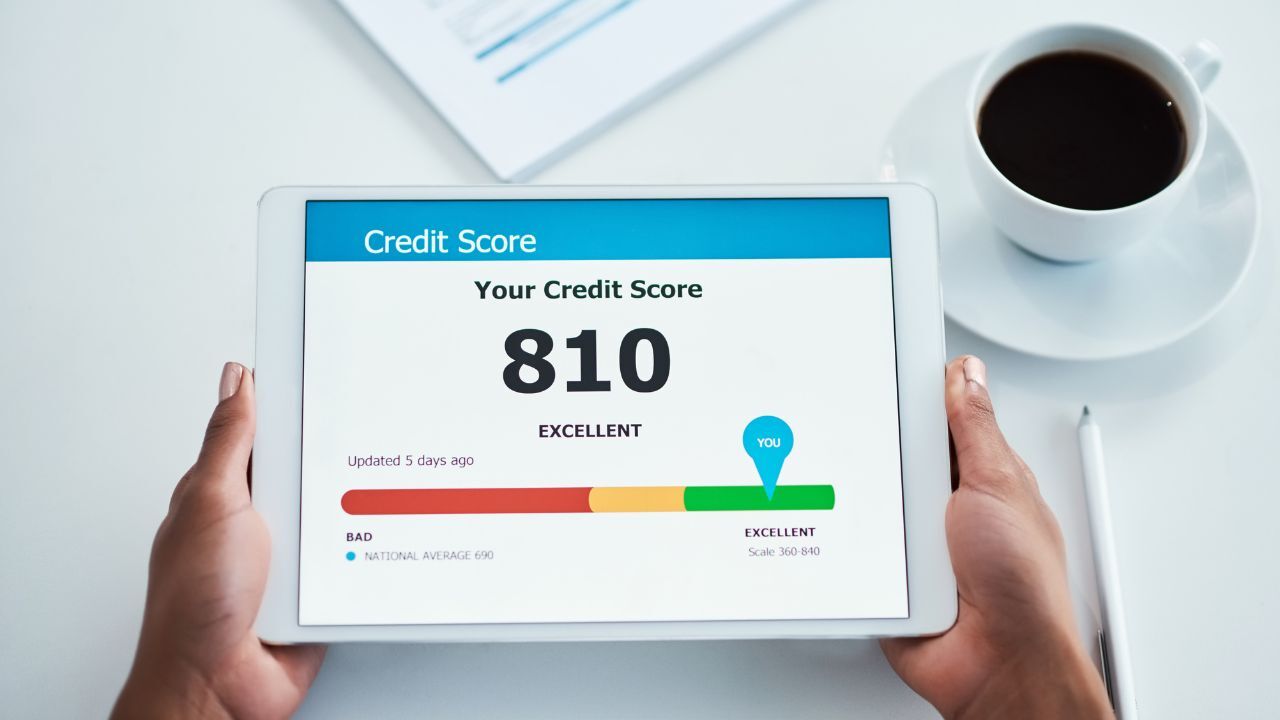 A strong credit score gives many buyers confidence as they prepare to purchase a home. Good payment history and responsible credit use are valuable, but they do not guarantee approval. There are several other important factors that lenders review, and any one of them can slow down or stop the process.
A strong credit score gives many buyers confidence as they prepare to purchase a home. Good payment history and responsible credit use are valuable, but they do not guarantee approval. There are several other important factors that lenders review, and any one of them can slow down or stop the process.
When Your Debt Becomes a Barrier
Your credit score reflects how well you manage credit, but lenders also review how much debt you carry. High monthly obligations can limit the loan amount you qualify for, and in some cases, prevent approval. Lenders calculate your debt-to-income ratio, which is the percentage of your monthly income that goes toward paying debts. Many lenders prefer this percentage below forty-three and keeping it under thirty-six can make you a stronger candidate.
Large monthly obligations, such as high auto loan payments, can reduce your approved amount even if your credit is excellent. Too much debt can make your financial picture look stretched and increase lender concerns.
Employment Concerns That Raise Questions
Steady income matters just as much as good credit. While getting approved for a rental can feel simple, mortgage guidelines are more detailed because a home loan is a long-term commitment. Lenders usually want to see at least two years of consistent income in the same field.
If you recently started a job and have only a few paychecks, that may not be enough history. The same applies to self-employment, where lenders typically require two years of tax returns to show stable earnings. Side hustle income can be unpredictable and may not be counted at all.
Gaps in employment or frequent job changes can raise red flags, even if you are currently working. Lenders want to feel confident that your income will continue.
Limited Cash for Upfront Expenses
Many first-time buyers prepare for a down payment but are surprised by additional upfront costs. Closing costs typically total two to five percent of the loan amount. Even with great credit and strong income, limited savings can delay your plans. Without enough verified funds, moving forward becomes difficult unless you qualify for assistance or can receive a financial gift.
Paper Trail Problems
Lenders verify everything. They review income, bank statements and the source of your down payment. Every transfer, deposit and balance must be traceable. Moving funds between accounts requires statements for each one, and large deposits need documented explanations.
Cash being kept at home is a common problem. If the money has not been in your bank account for sixty to ninety days, it usually cannot be used. These strict rules help lenders ensure the funds are genuine and not borrowed at the last minute.
Understanding these factors can make the loan process much smoother. While good credit is helpful, the full financial picture matters. A knowledgeable loan professional can answer questions and guide you step by step so you can move forward with confidence.

 The New Year is a natural time to pause, reset, and think intentionally about financial goals. For many buyers and homeowners, real estate and home financing are part of that plan. Whether you are considering purchasing a home, refinancing, or simply positioning yourself for future opportunities, starting the year with a clear strategy can make a meaningful difference.
The New Year is a natural time to pause, reset, and think intentionally about financial goals. For many buyers and homeowners, real estate and home financing are part of that plan. Whether you are considering purchasing a home, refinancing, or simply positioning yourself for future opportunities, starting the year with a clear strategy can make a meaningful difference. A strong credit score gives many buyers confidence as they prepare to purchase a home. Good payment history and responsible credit use are valuable, but they do not guarantee approval. There are several other important factors that lenders review, and any one of them can slow down or stop the process.
A strong credit score gives many buyers confidence as they prepare to purchase a home. Good payment history and responsible credit use are valuable, but they do not guarantee approval. There are several other important factors that lenders review, and any one of them can slow down or stop the process.